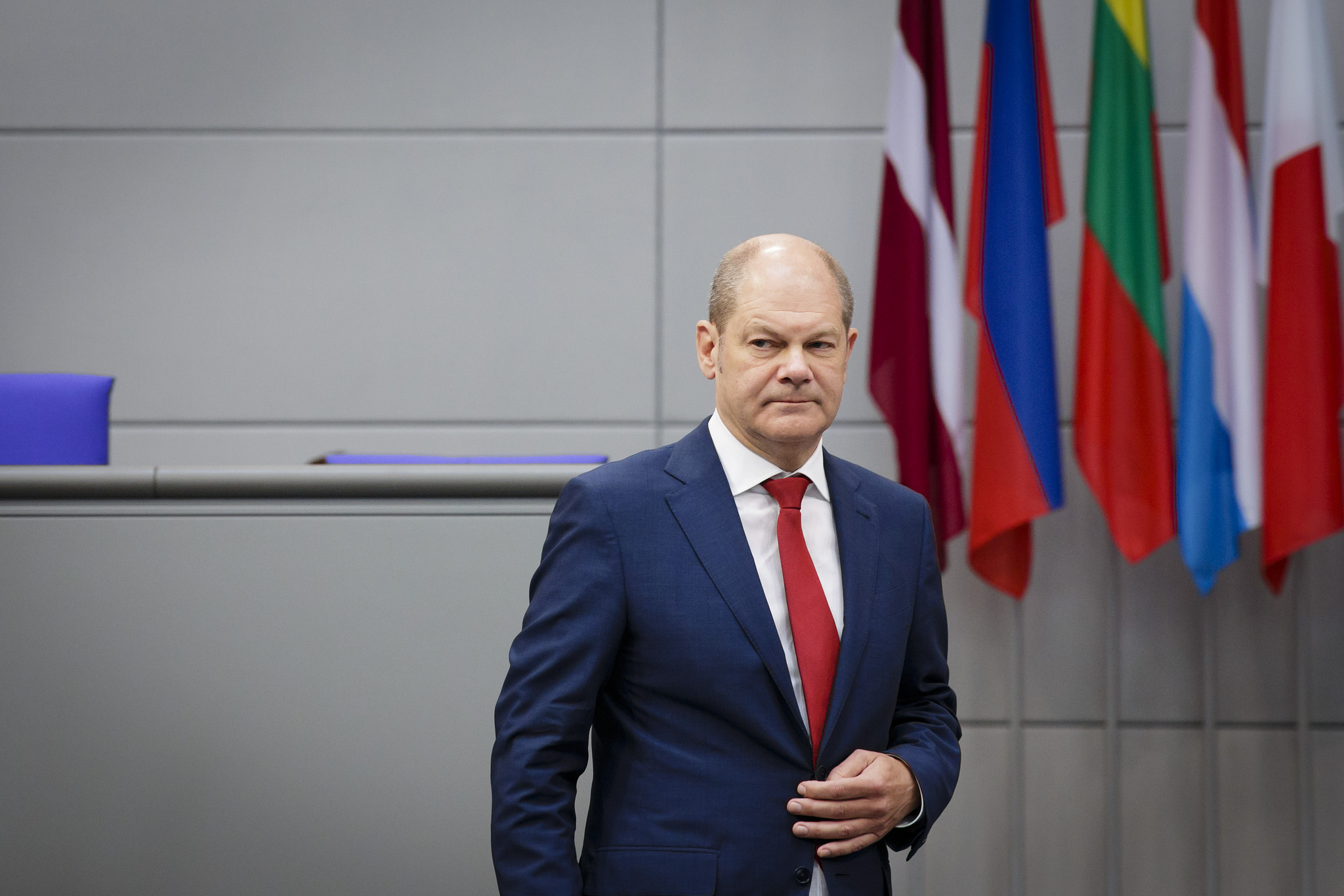Yiannis Korkovelos argues that there are advantages for creditor countries in keeping Greece in the eurozone; while Greece, in turn, should bring forward courageous reforms with Mr Tsipras having the opportunity to be remembered as a moderniser
After more than 17 hours of negotiations, white smoke has come out of the EU Summit. The marathon summit has resulted in a ‘unanimous’ aGreekment regarding a third bailout for Greece.
While President Juncker has said that ‘There will not be a Grexit’, credible arguments for why bailing out Greece over and over again become more and more difficult to support. As a German friend recently told me: ‘As much as I like Greece it is getting harder and harder to argue the pro-Greece case with Germans. After all, Greeks voted ‘NO’ in the referendum and they show unwillingness to do the required reforms!’
Without neglecting the catastrophic results of a Grexit for Greece itself, one has to also keep in mind that the Greek tragedy is not solely a national drama. A Grexit will have implications on the whole of Europe and these are not only economic and financial, but geopolitical too.
Let me briefly discuss these.
European Fundamentals and a lost vision
A Grexit would demonstrate that there is an ‘open door’ for countries facing financial difficulties. In addition, it would further exacerbate the vanishing of a fundamental ingredient which the EU was designed upon: solidarity. It would be the epitome of the fact that the architecture of the currency union is flawed, and would demonstrate in the more cruel way the easiness by which a crisis can lead to dissolution.
A Grexit would create an existential issue for the EU pushing for a reconfiguration of its ideals and the burial of the concept of solidarity while giving appetite to populist radical parties that have been allowed to grow during the recent months. In addition, such developments are of key importance given the approaching European referendum in the UK, and would certainly satisfy the nationalist-xenophobic Front National party in France.
Overall, the social and economic turmoil in Greece could (a) trigger sympathy for the suffering Greek citizens, and antipathy towards Brussels and the creditors or/and (b) highlight the lack of credible democratic institutions and demonstrate that the project is run by incompetent leaders who neglect basic economic principles and who unsuccessfully fought for the single currency, which was eventually an irresponsible invention anyway. In such a scenario, the far right anti-establishment parties would emerge as the major winners of a Grexit with various elections scheduled for 2017.
The EU today as a whole represents a set of democratic ideals and values that are used as a template for developing and developed countries across the world. A Grexit would be a bruise for the vision of the EU.
Economic losses
My purpose is to give less emphasis to the economic implications as these have been widely discussed by commentators. However, one cannot ignore these. Indeed, a Grexit will certainly
have economic repercussions for Greece but also other member-states. Perhaps of most interest is the German case: According to the Ifo Economic Institute, the German exposure to Greece stands at SGD131.8 billion (€88 billion) while according to Standard & Poor’s this is SGD135.75 billion (€90.6 billion). If Greece defaults on the bonds held by the ECB and national central banks, Germany would be facing an impact of up to SGD10.64 billion (€7.1 billion).
Moreover, Germany has a SGD43.45 billion (€29 billion) exposure to Greece through the eurozone’s Target2 interbank payment system. Also, as losses on the ECB’s bonds would be shared among eurozone central banks, this would result in a reduction in the profits the Bundesbank pays to the government.
Geopolitical implications
Greece is located at the crossroads of Europe, Asia, and Africa constituting the external borders of the EU in the most unstable area of the globe where radical nationalism/ religious tensions have resulted in the crafting of an inflammable region.
A Grexit would have an impact on Greece’s willingness and capacity to participate in EU missions, NATO operations, humanitarian aid or refugee rescues.
The stability in the Middle East, terrorism and NATO
The dangers for Greece’s European partners lie in the national, periphery and transatlantic level. In an unstable financially and politically Greece, the national defence and international law enforcement agencies will have lesser means to efficiently drive the defence work in the maritime borders of NATO. This could open doors to Europe for ISIS, Al Qaeda, and other terrorist organisations.
Moreover, with nearly 137,000 migrants having crossed the Mediterranean, (many of whom have fled Syria) to southern Europe in the first half of 2015 alone, Greece constitutes an important strategic partner. Greece’s inability of dealing with these issues damages the European integration process while many of the pressing challenges that require the EU’s involvement lie in Greece’s direct neighbourhood.
Energy
Greece represents the doorstep for several energy and gas projects coming into Europe (i.e Southern Corridor and Turkish Stream). Returning to the drachma would jeopardize the financial feasibility of several of these interconnectors. Indeed, the instability of the economy and lack of a clear agenda for the exploitation of natural gas and oil in the Eastern Mediterranean sea will create a continuous dependency of Eastern Europe to Russia. If Greece marginalises its European future, perhaps one would expect Russia to attempt taking advantage of the situation, even if its sole interest lies in weakening the consensus on EU sanctions and NATO policy towards Moscow.
The Balkans
A Grexit can create an unstable climate in the Balkans given a contagion effect in the rest of the region due to banking, trade and tourism links. Moreover, in the long run this could have
an impact on international investors’ perception of the region; ‘the regions branding’. Although for its Balkan neighbours Greece has served as a role model given its early accession to the EU and avoidance of a Communist past, this could be soon changing. The absence of a credible participation in the EU, will eventually result in Athens not having the political energy, strategic orientation, and reliability to promote its interests from the Balkans to the Aegean Sea and the Middle East.
Overall, what I am arguing is that it is in everyone’s interest for Greece to remain in the EU. Greece has a geostrategic position and the EU should show more solidarity towards the Mediterranean country. Certainly.
Is this enough?
Absolutely, not. The chronic dysfunctionality of the Greek state has been paralysing reforms together with an inability or unwillingness (?) to tackle vested interests. Nobody owes Greece anything. If Greece wishes to change and stay in a reformed Europe, we shall fight for it together. But, we shall fight.
Mr Tsipras, I urge you to not resist reforms, I urge you to not become the real anti-reform party and the umbrella of a new cronyism. I urge you to not stay in history as an electoral accident but instead ‘as a real revolutionary reformer’.
Odysseus spent a decade of fighting because he had hope, courage and was determined to return to what he loved the most: his wife Pinelope and his land, Ithaca. Let’s hope that Greeks and Europeans can find the courage to build a sustainable journey together and fight for an honest comprise which is in line with the fundamentals underpinning this project. A project that has brought peace, democracy, human rights and prosperity through co-operation and solidarity.
Mr Tsipras, do it.
Yiannis Korkovelos, an LSE almumnus, currently works in the European Chamber of Commerce in Singapore, heading its membership and committee work



